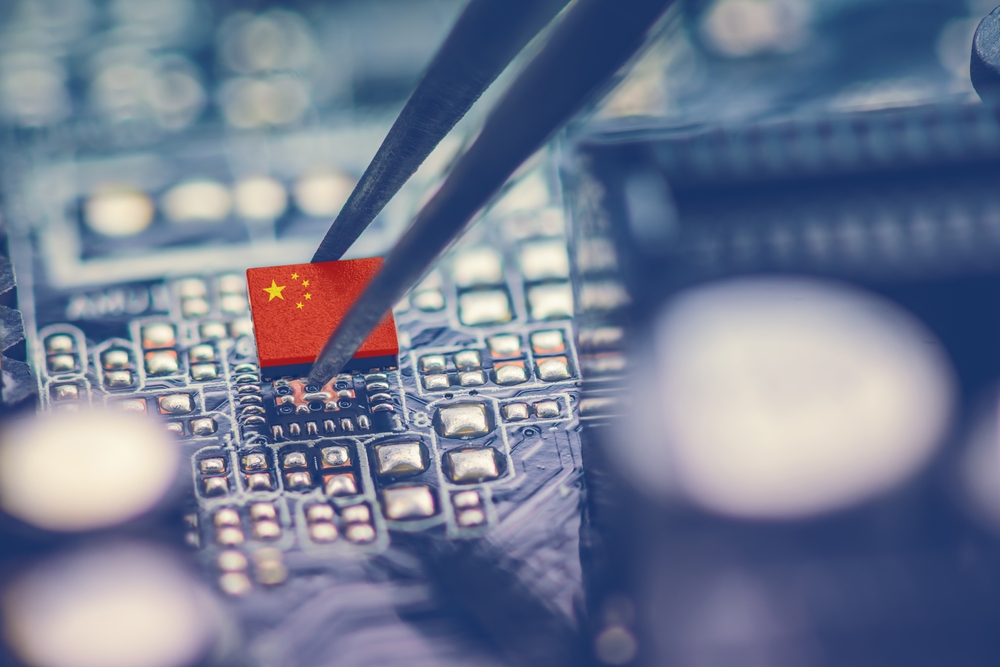With a decades-long history of technological competition, China and the US have been locked together in the race for AI supremacy.
Although a slow starter, China isn’t far behind. China worked to establish regulation early on, partly to prevent AI technology from threatening its sociopolitical status quo and socialist values.
Meanwhile, the US has nurtured homegrown AI companies like OpenAI, Inflection, and Anthropic, proving that its tech sector remains the most powerful in investment, infrastructure, and developer talent.
Having AI hardware companies like Nvidia on-side in the US has proved a massive advantage, with the Biden administration progressively clamping down on hardware exports to China in a bid to keep them behind.
Consequently, Chinese AI giants, foreseeing potential semiconductor bans, have invested substantially in stockpiling AI chips.
Despite restrictions, China’s tech industry sprung into action in the second half of this year, with Baidu and Tencent releasing the country’s first public chatbots, including Ernie Bot, which it says can now rival GPT-4 – something that OpenAI’s US competitors have failed to do themselves.
Building on that progress, Zhipu AI, a Chinese foundation model developer, recently disclosed a massive investment round, amassing 2.5 billion yuan ($340 million) this year.
Originating in 2019 from the esteemed Tsinghua University, Zhipu AI operates under the leadership of Tang Jie, a distinguished professor from the university’s Computer Science and Technology Department.
Zhipu sourced its substantial funding predominantly from yuan-based funds, signifying a departure from the once-dominant USD investment trend. In addition to curbing exports and investment, US companies also seem to be extracting their developers from China-US tech collaborations.
Investors in Zhipu AI include prominent VCs such as HongShan, Shunwei Capital, and Hillhouse Capital. Also, a state fund led by Legend Capital has shown interest.
Zhipu AI has seemingly managed to unify top Chinese internet giants for investment, even those known for their rivalries. The investor list boasts names like Ant Group, Alibaba, Tencent, Xiaomi, Meituan, Kingsoft, TAL Education Group, and Boss Zhipin.
Zhipu AI recently released a bilingual AI model, ChatGLM-6B, which understands both Chinese and English and is built on six billion parameters. It’s designed to be run on lightweight hardware.
The firm also announced another larger open-source model, the GLM-130B, with a much greater 130 billion parameters.
While parameter count isn’t everything, for context, GPT-3 likely has around 175 billion parameters, whereas GPT-4 might be approaching the trillions.





